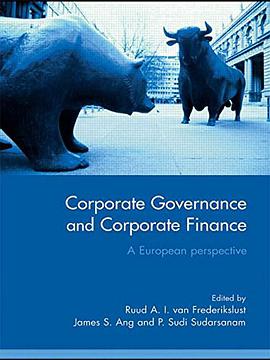

具体描述
In this historical and comparative study, Christopher McGrory Klyza explores why land-management policies in mining, forestry, and grazing have followed different paths and explains why public-lands policy in general has remained virtually static over time. According to Klyza, understanding the different philosophies that gave rise to each policy regime is crucial to reforming public-lands policy in the future. Klyza begins by delineating how prevailing policy philosophies over the course of the last century have shaped each of the three land-use patterns he discusses. In mining, the model was economic liberalism, which mandated privatization of public lands; in forestry, it was technocratic utilitarianism, which called for government ownership and management of land; and in grazing, it was interest-group liberalism, in which private interests determined government policy. Each of these philosophies held sway in the years during which policy for that particular resource was formed, says Klyza, and continues to animate it even today.
作者简介
目录信息
读后感
评分
评分
评分
评分
用户评价
相关图书
本站所有内容均为互联网搜索引擎提供的公开搜索信息,本站不存储任何数据与内容,任何内容与数据均与本站无关,如有需要请联系相关搜索引擎包括但不限于百度,google,bing,sogou 等
© 2026 book.wenda123.org All Rights Reserved. 图书目录大全 版权所有




















